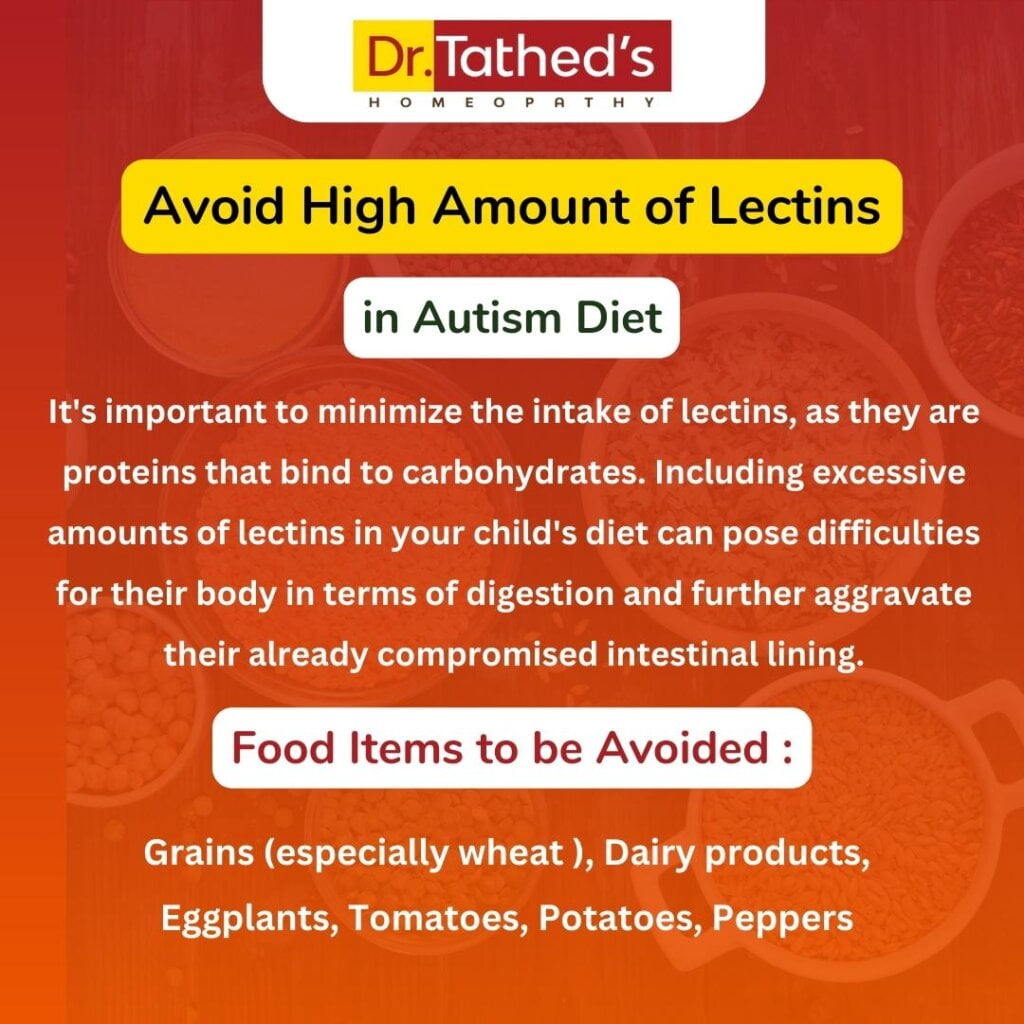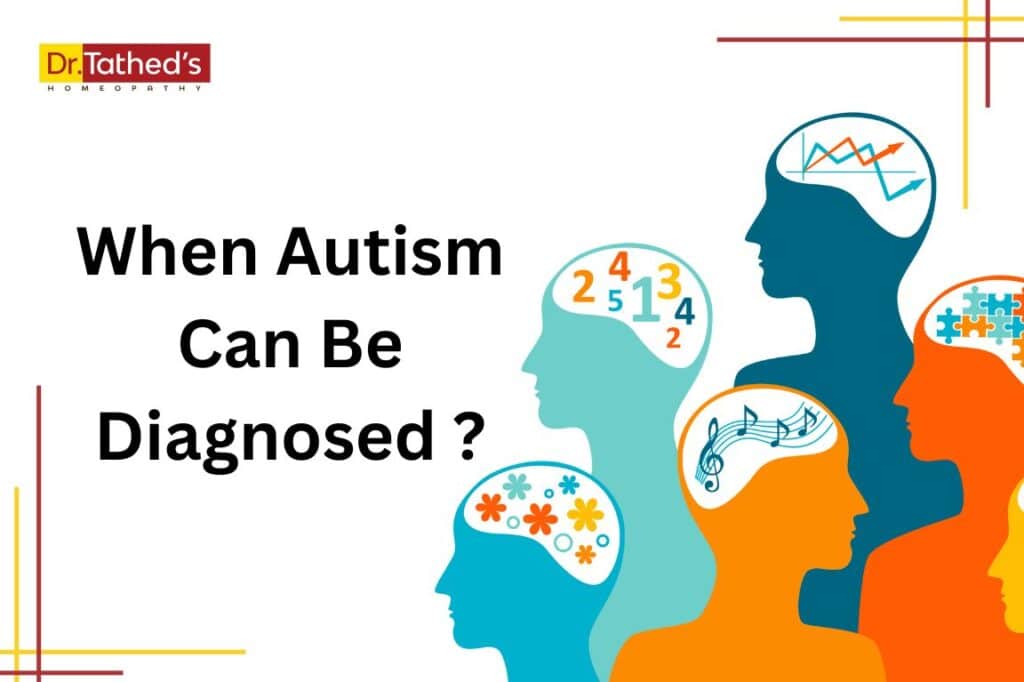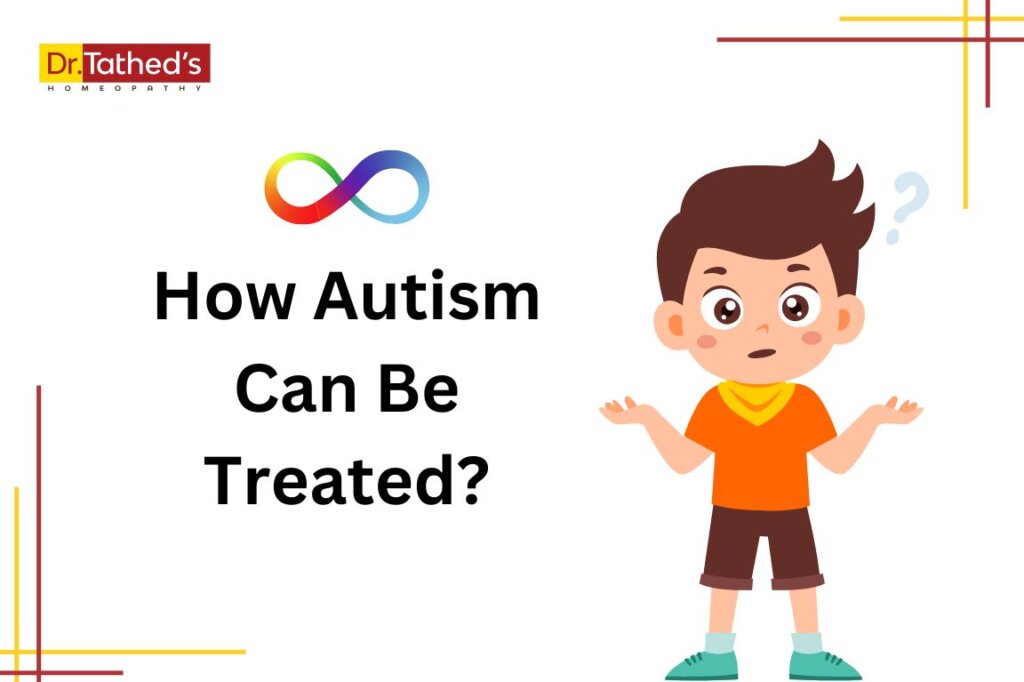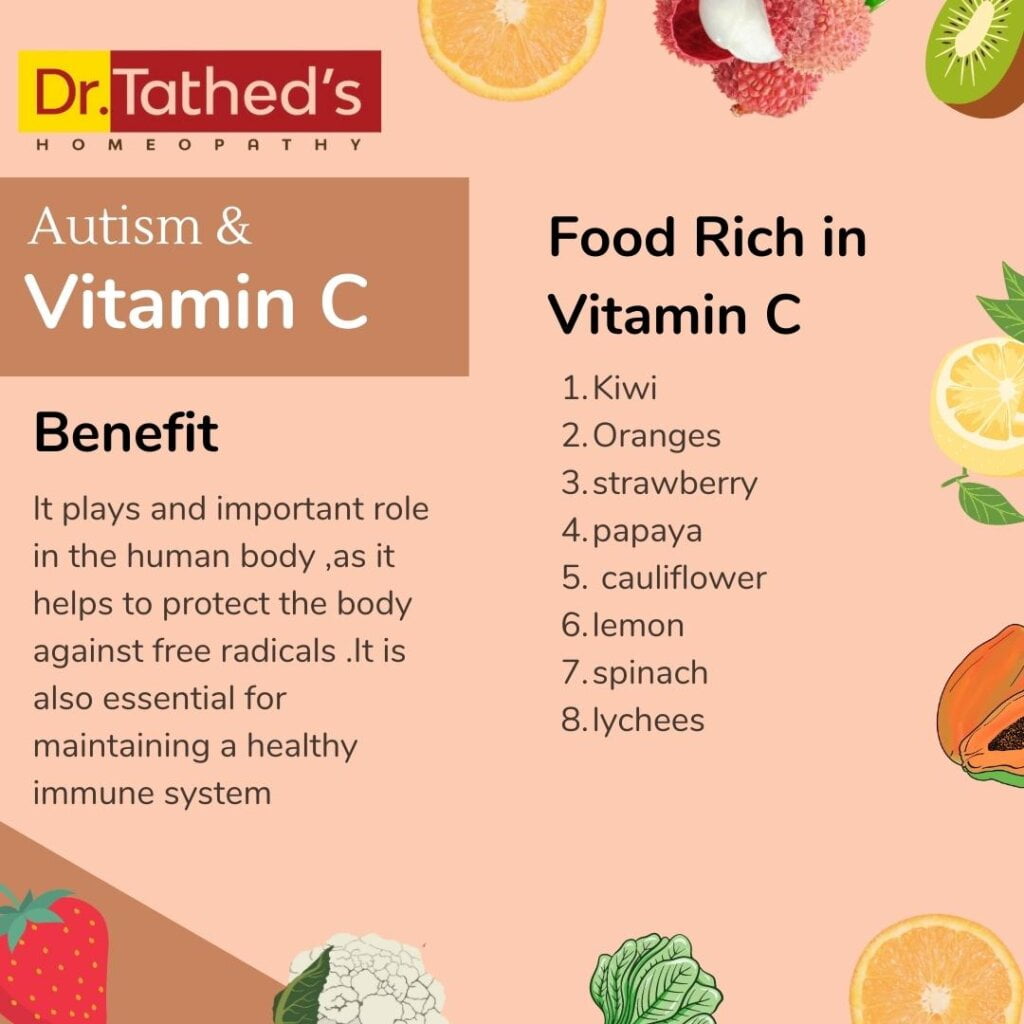As a parent of an autism child, you strive to provide them with the best care and support possible. One important aspect of managing autism is understanding the impact of various foods on your child’s health. Lectins, defined as proteins that bind to carbohydrates, can be detrimental to your autism child’s diet. This article will explore the reasons why you should avoid the highest amount of lectins in your child’s diet and provide guidance on suitable alternatives.
Introduction
Maintaining a healthy diet is essential for all children, and it holds even more significance for autism children. Their bodies require adequate nutrition to support their development and overall well-being. However, certain food components, such as lectins, can pose challenges for autism children.
The Importance of a Healthy Diet for Autism Children
A healthy diet plays a crucial role in supporting the overall health and well-being of autism children. Proper nutrition helps in maintaining stable energy levels, promoting optimal brain function, and supporting the immune system. By being mindful of the foods your child consumes, you can positively impact their physical and mental health.
Negative Impact of Lectins on Autism Children
Lectins can have several adverse effects on autism children. It is important to understand these effects to make informed decisions about their dietary choices.
1. Difficulty in Digestion
Autism children often experience digestive challenges, including issues with digestion and absorption. Lectins, especially in high quantities, can further exacerbate these problems, leading to discomfort and digestive disturbances.
2. Worsening of Intestinal Lining
The intestinal lining of autism children is already compromised in some cases, causing inflammation and increased intestinal permeability. Lectins can aggravate this condition, further damaging the intestinal lining and hindering the absorption of nutrients.
Specific Lectin-Rich Foods to Avoid
To minimize the negative impact of lectins on your autism child’s health, it is important to identify and avoid specific food items that are rich in lectins. The following are some common culprits that should be eliminated or limited in their diet:
1. Grains, Especially Wheat
Grains, particularly wheat, contain high levels of lectins. Bread, pasta, and other wheat-based products should be avoided or substituted with gluten-free alternatives.
2. Dairy Products
While dairy products are a significant source of essential nutrients, they also contain lectins. It is advisable to limit your autism child’s consumption of milk, cheese, and other dairy items. Alternative sources of calcium and protein can be explored.
3. Eggplants
Eggplants, although a popular vegetable, contain significant amounts of lectins. Avoid including eggplants in your child’s meals and opt for other nutritious vegetables instead.
4. Tomatoes
Tomatoes are another common food item that contains lectins. While they provide vitamins and antioxidants, it’s advisable to minimize their consumption or opt for lectin-free alternatives.
5. Potatoes
Potatoes are known for their lectin content, particularly in their raw or undercooked form. Cooking potatoes thoroughly can help reduce lectin levels, but it’s still recommended to limit their consumption.
6. Peppers
Peppers, including bell peppers and chili peppers, also contain lectins. These flavorful vegetables should be consumed in moderation or replaced with lectin-free options.
Alternatives to Lectin-Rich Foods
Eliminating lectin-rich foods from your autism child’s diet doesn’t mean compromising on taste and nutrition. There are plenty of healthy alternatives available that can provide the necessary nutrients without the negative effects of lectins. Consider the following substitutes:
- Opt for gluten-free grains like quinoa, rice, or oats instead of wheat-based products.
- Replace dairy products with non-dairy alternatives such as almond milk or coconut milk.
- Explore a variety of vegetables like zucchini, broccoli, cauliflower, or carrots instead of eggplants, tomatoes, and peppers.
Creating a Balanced and Nutritious Diet for Autism Children
While it’s essential to eliminate lectin-rich foods, it’s equally important to create a balanced and nutritious diet for your autism child. Focus on incorporating fresh fruits, vegetables, lean proteins, and healthy fats into their meals. Consult with a nutritionist or healthcare professional for personalized guidance.
Consulting with a Healthcare Professional
Each autism child is unique, and their dietary needs may vary. It’s advisable to consult with a healthcare professional or a registered dietitian who specializes in autism to receive tailored advice and support for your child’s specific requirements.
Conclusion
Avoiding the highest amount of lectins in your autism child’s diet is crucial for their overall well-being. By understanding the negative impact of lectins and making informed dietary choices, you can support their digestion, improve their intestinal health, and promote better overall health outcomes.
FAQs
Q1. Are lectins harmful to all individuals or just autism children?
Lectins can potentially cause digestive disturbances and other health issues in individuals with compromised gut health. While they can affect everyone to some extent, autism children may be more vulnerable due to their existing challenges.
Q2. Are there any lectin-rich foods that are safe for autism children?
While it’s best to minimize lectin-rich foods, some individuals may tolerate small amounts of certain lectins without adverse effects. However, it’s important to monitor your child’s response and consult with a healthcare professional for personalized guidance.
Q3. Can lectins be completely eliminated from the diet?
It is difficult to eliminate lectins completely from the diet, as they are present in many common foods. However, by being mindful of their consumption and opting for lectin-free alternatives, you can significantly reduce their intake.
Q4. Can a lectin-free diet cure autism?
No single dietary change can cure autism. However, by managing their diet and providing optimal nutrition, you can potentially alleviate some symptoms and improve overall well-being in autism children.
Q5. Where can I find more information about lectin-free diets for autism children?
For more detailed information and personalized guidance, consult with a healthcare professional, registered dietitian, or autism specialist who can provide tailored advice based on your child’s specific needs and requirements.




